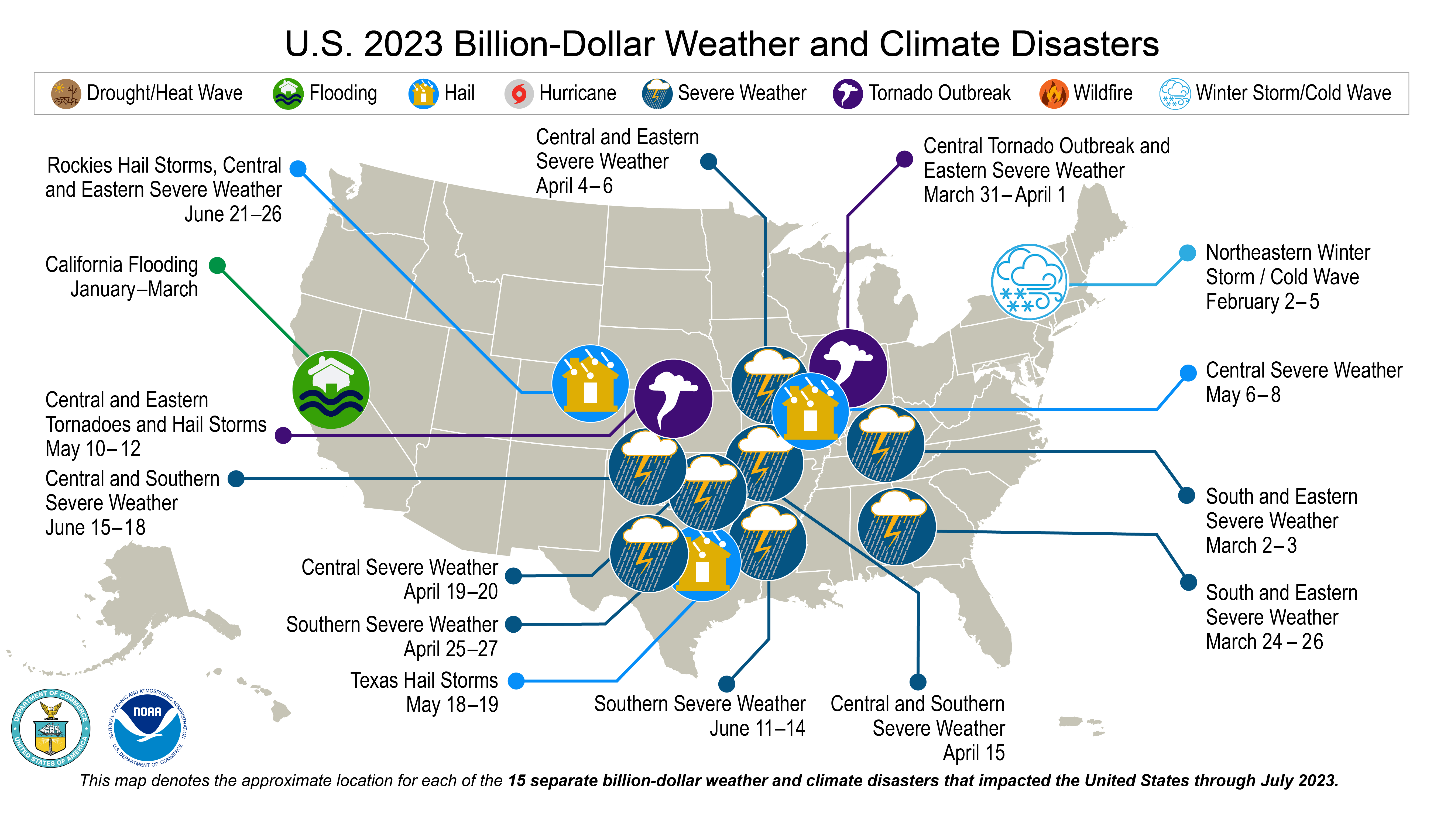Editor’s note: ImpactAlpha contributing editor Imogen Rose-Smith, a longtime senior writer for Institutional Investor, contributes a bi-weekly column on the policies, practices and strategies of the largest asset allocators, including pensions, foundations, and endowments. As Imogen says, she’s “tracking what investors do, not just what they say.”
Among the most dramatic changes in finance to emerge from the COVID disruption was the spike in capital inflows to funds focused on ESG, which is to say, companies’ ratings on their environmental, social and governance risks and opportunities.
But no sooner had ‘ESG’ arrived than it was assailed as a half-measure at best, if not a farce or a scam. The cool kids started inserting the word ‘beyond’ before ESG, to distance themselves from a term that might have already reached its half-life.
Two years ago, the surge in capital flow into ESG funds would have been hailed as a victory. Morningstar’s global sustainable universe now includes more than 7,500 funds with more than $4 trillion under management, more than quadruple 2019’s totals. Under a much broader definition, ‘sustainable investments’ topped $35 trillion and represent more than one-third of all assets under management.
Under the shorthand label ESG, sustainable investing appeared to have survived the predictable attacks. Investment traditionalists, not to mention vested interests decried the inclusion of ‘non-financial factors’ in decision-making and insisted that returns would suffer.
ESG proponents carried the day, as events bore out the ‘materiality’ of such factors and returns turned out to be not only not-worse, but in some cases markedly better than the benchmarks.
Now, ESG is getting hammered from the other side. For starters, it’s hard to reconcile any claim to environmental and social benefits when the Dow Jones Sustainability Index adds cigarette maker Phillip Morris, or MSCI upgrades McDonald’s environmental ratings. ESG’s original use-case – spotting material risks from non-financial factors – became its weakness, as companies moved to mitigate their own risks without mitigating their negative impacts.
In a broader analysis, ESG did just what it was intended to do, which was to bring externalities into corporate accounting and operations. The whole industry that has grown up around ESG frameworks and analytics and systems and sensors reflects the centrality of environmental and social concerns in an age of pandemic, climate change and incipient autocracy. But measuring, grading, ranking and tap-dancing is not a recipe for deep-seated change.
So now that we’re here, what do we do? To go beyond in 2022, we’ll need reliable measures, not of policies and processes, but of actual outcomes and long-term value-creation.
Launched in March of 2021, the goal of Institutional Impact is to get behind the headlines, the bloviating, and the spin. To look at how socially and environmentally capital – driven, committed, pledged or otherwise taken credit for – is actually acting. To examine some of the consequences, intentional and otherwise.
In that respect, 2021 was a target-rich environment.
Toxic masculinity
One of my favorite columns of the year called out impact investing, suggesting that the institutionalization of impact had resulted in an overabundance of rich old white men at the very top of the heap. Some like Bill McGlashan, the now formerly incarcerated former founder of the $11 billion TPG Rise, and Leon Black of Apollo (which launched a $1 billion plus impact fund last July), have found themselves in hot water.
McGlashan spent time in prison after pleading guilty to one count of aiding and abetting wire fraud in order to increase his son’s chances of getting into college. Black, who has not been charged or convicted of any crimes, did tap-dance around his long friendship and financial ties with known pedophile Jeffrey Epstein in a way that made it untenable for him to continue as Apollo’s CEO and, eventually, chairman (a review by an outside law firm cleared Black of any wrongdoing in his relationship with Epstein).
We wrote about how TPG’s Jim Coulter got ESG religion, and quickly raised $6 billion for Rise Climate. TPG Rise altogether represents only $13 billion of TPG’s $109 billion in assets under management, but the halo it provides may prove invaluable in the planned initial public offering TPG is filing for (TPG says its impact platform has delivered an internal rate of return of 30% over the last five years, higher than its three other platforms). Coulter’s total compensation in the past three years: $36 million. McGlashan, once TPG’s favorite son, merits not even a mention in the S-1. Coulter, along with co-founder David Bonderman and CEO Jon Winkelried, will continue to control the bulk of TPG’s shares and nearly all of the voting rights after the IPO. Good times (or, as Private Eye would say, trebles all round.)
Saudi Arabia
More in hope than expectation, I argued that sustainable investors should not go seeking money from Saudi Arabia and other sovereign wealth funds with dubious track records on human rights and corporate governance. (It has emerged that Hanan Elatr, not long before the death of her fiance, Saudi dissident Jamal Khashoggi, was briefly abducted and spyware was installed on her phone.)
That noble suggestion didn’t get much traction. Money managers, impact and otherwise, others continue to make pilgrimages to the money spigot in the desert. Impact investing has arguably a moral imperative to at least understand the objectives of its investors just as much as it does the impact of its investment. Does the same hold for ESG? As these businesses grow up they need to look hard at who their partners and fellow practitioners are.
Asset values
The resurgence of inflation makes even more pointed the question of whether ESG types in say, pension funds’ investment offices, may need to wean themselves off high rising assets in their portfolio when those same rising valuations can drastically increase the cost of living for middle- and low-income earners – including precisely the same people whose pensions are being invested.
I dug into the inconvenient truth that sometimes profits made by institutional and impact investors might be undermining their own beneficiaries. Rising asset values benefit investors who hold private equity and other real assets, including housing and farm land. But a booming real estate portfolio means rising housing prices, pricing school teachers, firefighters, cops, and government workers out of home ownership in the communities in which they work.
Divestment
Fossil-fuel free endowments and pension funds are rarely free of fossil fuels, I wrote last April. At the time the University of Michigan had announced a fossil fuel divestment campaign, and activists were performing a victory lap for a hard-fought victory in the heart of Motor City. At the University of California, CIO Jagdeep Sing Bachher (disclosure: my former boss) told the UC Regents that “as of today, the endowment, the pension, and all of our working capital pools are fossil-free at the University of California.” Bacher went further to say, “You could extend that to say that our $125 billion of assets are fossil free.” A statement that was, and is, untrue. Since then, more and more institutions have made divestment announcements, including Harvard Management Company, and Europe’s largest pension plan Norway’s ABP.
I made the point that divestment rarely means true divestment, and what might be a victory for activists is much less meaningful as any kind of investment mandate of philosophy. A divestment announcement from a high-profile university, endowment, or pension plan might be a win from an activist perspective, but rarely is it followed by true and complete divestment from the fossil fuel industry.
Come the whistleblowers
Perhaps the most pressing issue facing ESG investing today are charges of green or impact washing. Tariq Fancy, formerly BlackRock’s global chief investment officer for sustainable investing, called ESG “a dangerous panacea” and published lengthy posts and a book about flying around the world on private jets with BlackRock CEO Larry Fink preaching the gospel of ESG.
More interesting to me is the case of Desiree Fixler, the former group sustainability officer for DWS Group, the asset management spinout of Deutsche Bank. Fixler was, according to her lawsuit, forced out of DWS after she tried to prevent the $1 trillion Frankfurt-based asset manager from overstating its ESG bona fides. The SEC and other regulatory entities are investigating DWS and its ESG practices.
The DWS investigation presents an interesting test case for how regulators on both sides of the Atlantic will treat ESG. ESG executives often have to walk when working within asset management institutions. “Speaking truth to power should not be career suicide for ESG professionals,” I argued last summer.
ESG “relies on the good will and integrity of the people in authority,” I wrote. “It can be hard to raise difficult issues, especially in instances where they are seen to be going against the primary objective of making money.” Is the ESG industry a shill to its corporate overloads – just another middle-management function in a sea of HR and corporate responsibility? Or is there an opportunity to drive real change? The answer is a bit of both.
In my final column of the year, I looked at the lack of diversity, equity and inclusion, or DEI, at most elite financial institutions, foundation and endowment investment offices, as well as private equity and hedge funds. The performative woke signaling that we are currently witnessing from some of these institutions, however well-intentioned, is dangerous and counterproductive if not backed up with real cultural change and actions.
Stepping up
The run up in tech valuations over the past several years has been a boon to ESG investors.
Now, however, tech may provide an object lesson in whether ESG can move from simple risk-reduction and box-ticking to become a vehicle for real-world impact. Big tech, data freedom, privacy, cyber security, and access to information will be among the most important issues that investors have to grapple with in 2022.
How will large investors play the backlash against tech companies such as Facebook, Twitter and Google on issues of size, privacy and market influence? If disinformation poses a systemic risk, what does that mean for media businesses including Newsmax, Fox News, and, even, Donald Trump’s new company, the $1 billion shell known as Trump Media & Technology Group, which is about to go public through a SPAC?
Even with their relatively low-carbon footprints, tech stocks may become toxic assets (and that’s even before we start talking about cobalt and lithium). How investors, and all stakeholders, manage these thorny issues of power, information, and influence, could come to define our time.
One place to watch at the intersection of public purpose and fiduciary duty is New York City’s five pension retirement system which, with combined assets of $266 billion, is among the largest in the country. Last June, I wrote about the underdog in Democratic primary to be the city’s comptroller. Progressive Brad Lander pulled out the win, went on to victory in November and took office this week. I’m looking forward to seeing what Lander can actually get done.
New York City, like all cities, is facing challenges, both economic and social. There is an opening to doing something different with the investment portfolio, especially with regards to climate change. Landers, who campaigned on fossil fuel divestment among other issues, could be far more proactive in shifting the pension portfolio to embrace the clean energy transition and create jobs by investing in greentech and renewable infrastructure.
As Mike Tyson likes to say, everyone has a plan until they get punched in the mouth. As I write from Brooklyn, New York City looks to be on the verge of another COVID shutdown. I have spent most of the last two years on the North Fork of Long Island. And it has been strange, and sad, to come back to a city at once so resilient and under such assault. But I do see people and businesses thriving, trying to make the most of the hand they have been dealt.
Two years into the pandemic, people have little tolerance left for inauthenticity. That’s why ESG investors are taking it on the chin from critics on the left, who think they lack authenticity, and from skeptics on the right, who accuse them of grandstanding and sacrificing profit to principals.
Which makes now the moment for ESG investors to stand up and put real rigor into what they have promised, with capital commitments, investment results and clearly beneficial real world impacts. ESG is dead. Long live ESG.
Imogen Rose-Smith is a contributing editor at ImpactAlpha. A longtime senior writer for Institutional Investor, she was most recently a fellow in the Office of the Chief Investment Officer of the University of California.
Catch up on all of Imogen’s Institutional Impact columns.











